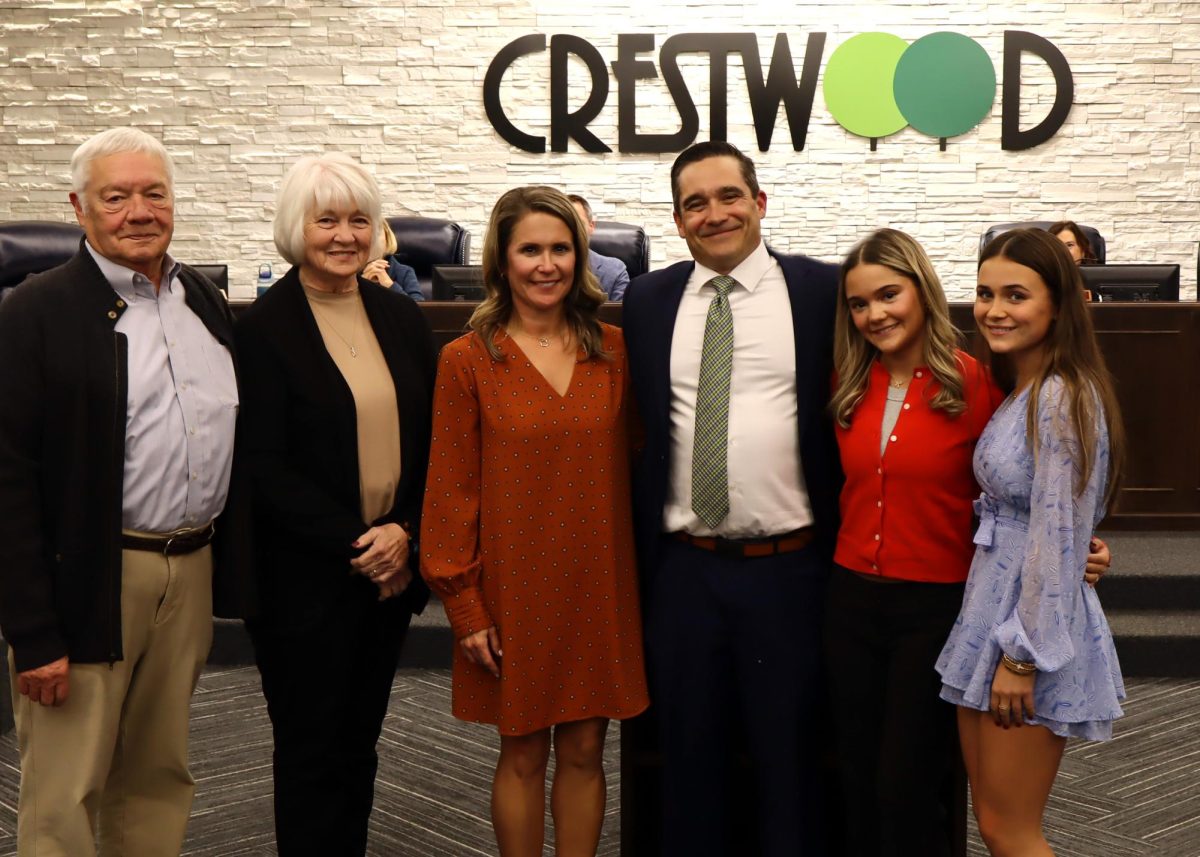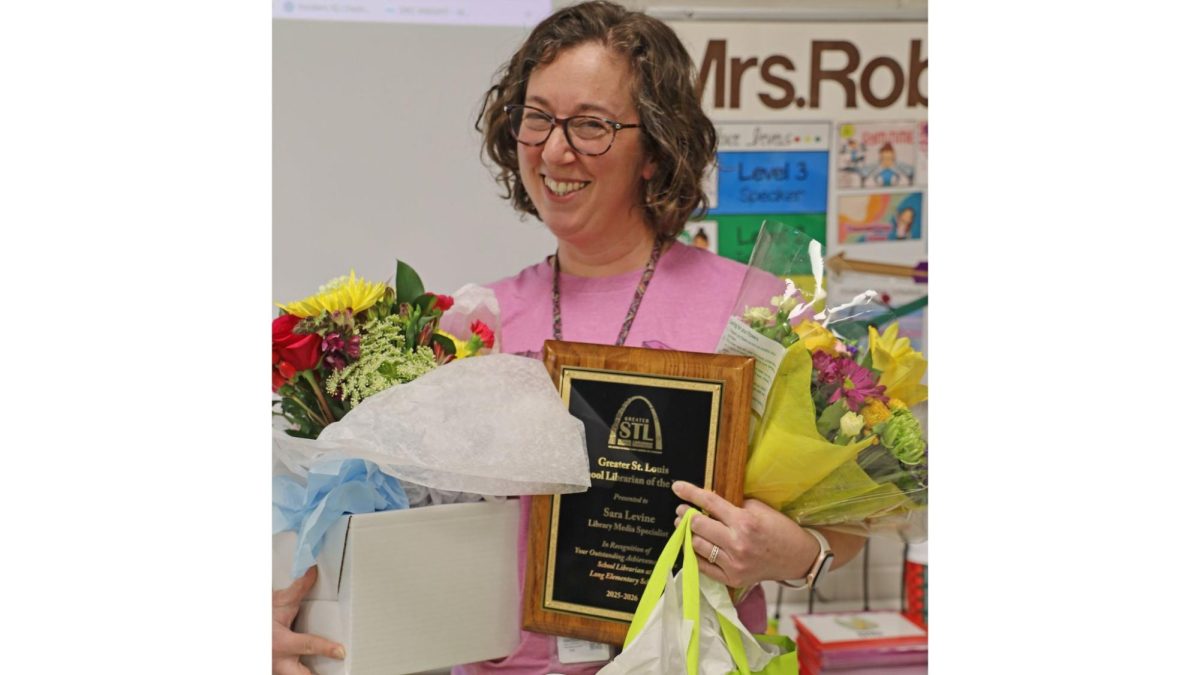Four Crestwood aldermen did not violate the state’s Open Meetings and Records Act, or Sunshine Law, when they met June 4 to discuss the proposed redevelopment of Crestwood Court.
City Attorney Lisa Stump recently told the Board of Aldermen that Missouri Attorney General Chris Koster declared “the gathering was not a public meeting as defined under the sunshine law and city did not violate the Sunshine Law.”
In June, four members of the board met “in a private business after a previously scheduled meeting was canceled,” according to a letter from Koster that was sent to the party concerned about the unofficial meeting. The concerned party’s name was redacted from the letter, which the Call obtained through a Sunshine Law request.
“The Board of Alderman has eight members total, so with only four members in attendance a quorum was not present, and as the situation was described to us no business could be done,” Koster stated in the letter.
The “gathering was not a public meeting” as defined in the Missouri Revised Statues, according to the letter and “did not violate the Sunshine Law,” Koster stated.
The board also received additional correspondence from Koster’s office, dated Oct. 7, which Stump said reminds the city of “the overall public policy behind the statute.”
That letter, which the Call also obtained through a Sunshine Law request, states the attorney general’s office received further inquiries relating to Crestwood and what qualifies as a meeting of the board.
The letter states, “It is a best practice to try and minimize the types of situations that could lead to either an actual Sunshine Law violation, or even just the appearance of a violation.”
At the Oct. 8 Board of Aldermen meeting, Ward 4 Alderman Mike Tsichlis questioned what an “appearance of a violation would be.”
“Would it be three or four of us standing together in a room where maybe there’s some other people but we happen to be clustered together,” Tsichlis asked. “ If appearances are as important as actually what is that distinction then?”
Stump said an appearance is “just that.”
“And that’s any time member of public could think that you’re violating the Sunshine Law or that you have an intent to violate the Sunshine Law,” Stump said. “Again … It still wouldn’t be a violation of the law, so there likely wouldn’t be penalties.”
Stump provided the board with Sunshine Law training at its Sept. 10 meeting.
In a July 30 letter addressed to the board, Koster wrote that he received several complaints about the aldermen’s compliance with the Sunshine Law, specifically regarding the unofficial meeting. Along with his letter, Koster enclosed five booklets outlining the provisions of the Sunshine Law.
In an Aug. 12 letter to Brenda Siegler, Koster’s Sunshine Law coordinator, Stump wrote that the meeting did not violate the Sunshine Law due to lack of a quorum. Stump took over for former City Attorney Rob Golterman on Aug. 1.
Because the unofficial gathering of aldermen at the coffee shop did not have a quorum, Stump and Golterman agreed it did not violate the Sunshine Law because it was not, by the definition of the law, a “meeting” — which requires a quorum, or five of the eight board members, to be present.
After Golterman gave his opinion on the legality of the meeting, Tsichlis asked what Golterman thought of any future such meetings being held by board members.
“When all members of the board have been notified that a meeting that had been scheduled has been canceled and is no longer publicly posted, is it appropriate to the letter and spirit of the Missouri Sunshine Law to hold an impromptu gathering of half the elected board at a private location to discuss matters of city business which are frequently on the agenda at BOA meetings?” he wrote.
In a July 3 email response to Tsichlis, Golterman wrote, “Mike, based on the facts — somewhat limited — that were relayed to me shortly after the meeting took place, I did not believe that a Sunshine Law violation had occurred. That said, whenever some number of board members less than a quorum meet to discuss city business, there certainly can be the perception that the intent is to evade the law.
“It would be in everyone’s best interest — including the city’s — to limit such gatherings.”








